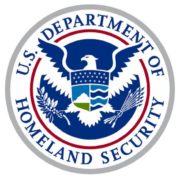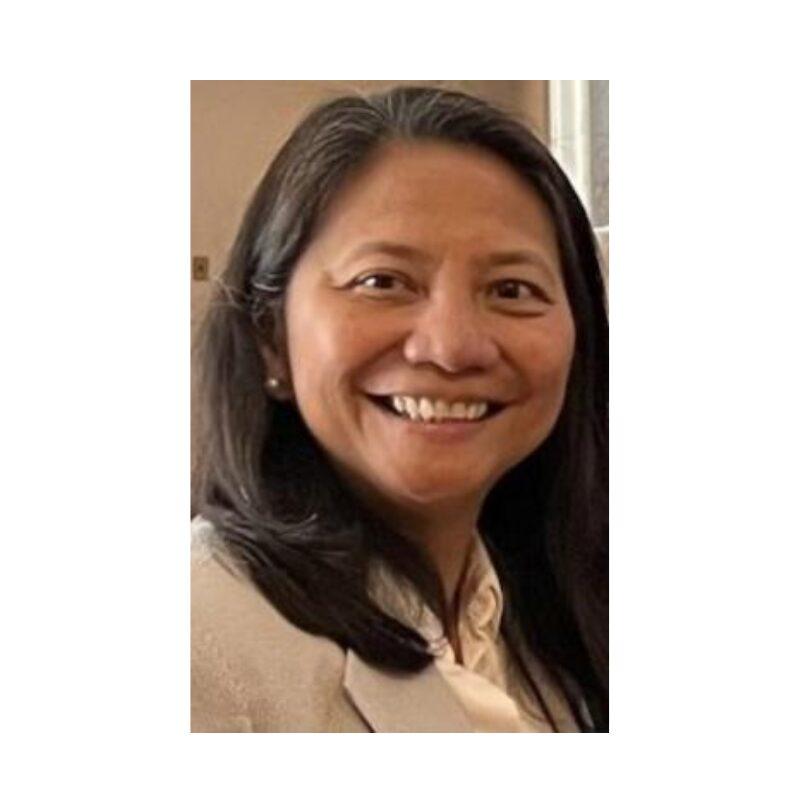PWC to continue support for DACA-eligible Pinoys
LOS ANGELES – On Thursday, June 5, the Department of Homeland Security (DHS) announced the details of the process for individuals to renew their enrollment for the Deferred Action for Childhood Arrivals (DACA) program.
DACA is a DHS-initiated administrative relief for certain people, who were brought to the US as children and who do not have proper immigration documentation.
Subject to several guidelines, they may qualify for deferred action for a period of two years, which can be renewed.
DACA provides these individuals with work authorization. Also, government agencies are to use “prosecutorial discretion” to defer removal actions or proceedings against these individuals. However, DHS clarified that DACA does not provide lawful status.
In a news release, the DHS said that the US Citizenship and Immigration Services (USCIS) has submitted to the Federal Register an updated form that allows DACA grantees to apply for a renewal their deferred action status for two more years.
DHS Secretary Jeh Johnson also gave instructions to USCIS to begin accepting renewal requests, “effective immediately.”
USCIS is also still accepting DACA requests for individuals, who have not previously applied for the program.
As of April 2014, over 560,000 individuals have received deferred action.
The first batch of DACA approvals will begin to expire on September 2014. DHS urged grantees to file renewal requests approximately 120 days (4 months) before their current DACA status expires, “to avoid a lapse in the period of deferral and employment authorization.”
Individuals who seek DACA renewal should meet the initial criteria, as provided on USCIS.gov, and these additional guidelines:
-Did not depart the US on or after Aug. 15, 2012, without advance parole;
-Have continuously resided in the US since the submission of their recent DACA request that was approved; and
-Have not been convicted of a felony, a significant misdemeanor or three or more misdemeanor, and do not otherwise pose a threat to national security or public safety.
Renewal applicants need to fill out the new version of Form I-821D, Form I-765, and the I-765 Worksheet. The filing and biometrics fee for Form I-765 costs $465. USCIS will also conduct a background check on renewal applicants.
For more information about the renewal process or initial application for DACA, visit www.uscis.gov/childhoodarrivals or call USCIS at 1 (800) 375-5283.
Support and outreach
Now that the renewal process for DACA is available, it is important for community organizations to get the information out to the current deferred action grantees and the many others who are eligible but have not yet applied, Pilipino Workers Center (PWC) Executive Director Aquilina Soriano Versoza said.
Versoza noted that only about 17 percent of eligible Filipinos have applied for deferred action, since it was introduced two years ago.
“There are still tens of thousands of Filipino youth that could come out of the shadows who have not. But we have this moment of renewal to try to build a critical mass of people in our community to apply,” Versoza said to Asian Journal.
Versoza said that once this “critical mass” has been reached, it will help in the alleviation of the “environment of fear and uncertainty” among the members of the Filipino community, especially for the undocumented.
The PWC executive also said that they will continue providing support and service to eligible youth, through their “Paluwagan” program and other informational outreach events. Paluwagan is a Filipino term for a cooperative-type lending system. Under this program, PWC will be able to help eligible youth afford the application and renewal fees.
For Anthony Ng, a DACA grantee and an immigrant rights policy advocate for Asian Americans Advancing Justice – Los Angeles, there is a lot of work to be done “to ensure that Filipinos are utilizing DACA.”
In March 2014, USCIS reported that there have been 3,644 Filipinos who have been granted deferred action.
Ng said that speaking about his story and telling people about the positive impact that DACA has had on his life is a step towards encouraging more people to apply, especially those in the Filipino and Asian Pacific Islander community.
He admitted that DACA has made a substantial impact to his life, particularly the alleviation of fear from deportation and the ability to work.
“It allowed me to come out of the shadows, have access to resources, and [be] empowered to fight for myself, my family, and my community,” Ng said to Asian Journal.
Ng hopes that his story, along with the countless others who have courageously come out of the shadows, would encourage many more to do the same.
“I know that it is a painful process to acknowledge your immigration status due to the stigma that comes along with it. But our parents and family sacrificed so much for a better life for us — it is our duty to ourself and our families to ensure that their sacrifice are not in vain,” Ng said.
(www.asianjournal.com)
(LA Weekend June 7-10, 2014 Sec A pg.1)







